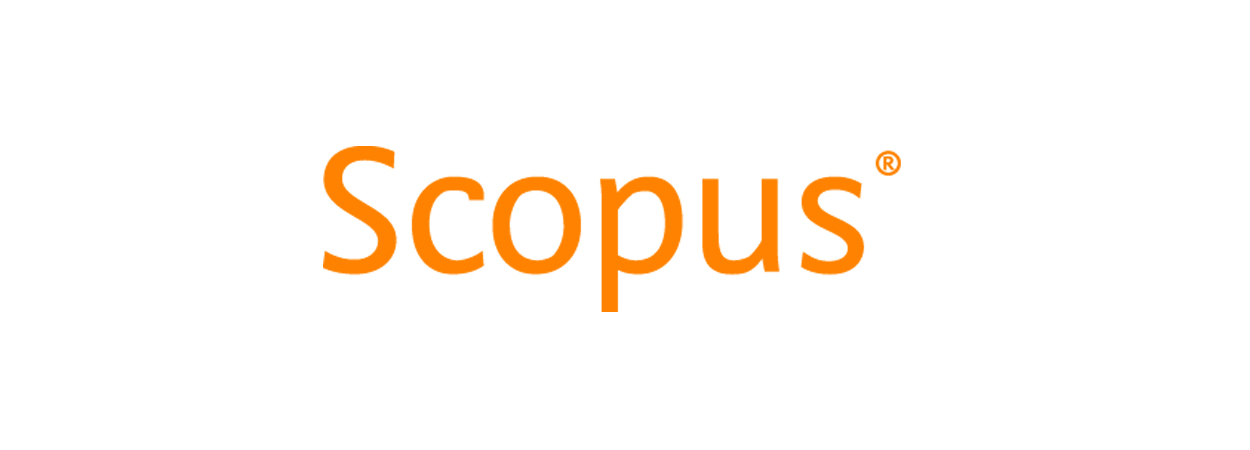OBJECTIVITY ISSUES IN ISLAMIC THOUGHT: A CONCEPTUAL APPROACH
Abstract
Objectivity is a key standard to assess any intellectual work in Islamic Thought. This standard helps differentiate between methodological work that is characterized by objectivity, and doctrinal or ideological work where subjectivity predominates. However, there are major obstacles that stand in the way of applying this objective assessment; namely the problem of defining the boundaries between al-Manhajiyah (methodology) and al-Madhhabiyah (doctrinal thinking or ideology) in Islamic Thought. Defining those boundaries encounters, and is influenced by, a series of problems, most notably the conceptual confusion caused by the lack of precision in the definition of the words: al-Manhaj (method) and al-Madhhab (doctrine). This study aims at solving these problems by determining the points of convergence and divergence between what is purely objective and methodological, and what is purely subjective and based on doctrinal affiliation. In order to achieve this goal, this paper used a conceptual approach to study the concepts of al-Manhaj (method) and al-Madhhab (doctrine) based on their maturity, and the agreement upon their meaning. The paper also demonstrated the impact of each criterion on objectivity in Islamic Thought. The methods of research used in this study are thematic and qualitative analysis.
Keywords
Full Text:
PDFReferences
ʿAbd al-Fattāḥ, Sayf al-Dīn. “Al-Manhajiyah wa Adawātuhā min Manẓūrin Islamī.” In Al-Manhajiyah al-Islāmiyah, edited by Ahmad Fouad Bāshā, Vol. 2, 639-747. Egypt: Dar al-Salam, 2010.
ʿAbd al-Fattāḥ, Sayf al-Dīn. “Ḥawla al-Manhajiyah al-Islāmiaha: Muqadimāt wa Taṭbīqāt.” Al-Muslim al-Muʿāṣir Journal 25, no. 100 (2001): 53-83.
ʻAbd al-Mutaʻāl, Salāḥ. “Al-Manhajiyah al-Islāmiyah wa al-Maʻāyīr al-Akhlāqiyah li al-Baḥth.” In Al-Manhajiyah al-Islāmiyah wa al-ʻUlūm al-Sulūkiyah wa al-Tarbawiyah, edited by Al-Ṭayeb Zin al- ‘Ābidīn, 249-266. Herndon: International Institute of Islamic Thought, 1995.
Abu Zahra, Muhammad. Tārīkh al-Madhāhib al-Islāmiyah fī al-Siyāsah wa al-‘Aqā’id wa Tārīkh al- Madhāhib al-Fiqhiyah. Cairo: Dār al-Fikr al-‘Arabī.
Academy of the Arabic Language. Al-Muʻjam al-Falsafī. Cairo: Alamiria Presses, 1983.
Ahmad, ʻAzmī Taha al-Sayid. “Thaqafat al-Taqrīb bayna al-Madhāhib.” Risālat al-Taqrīb Journal, no. 48 (2005).
Al-Tahanawi, Muḥammad Ali. Mawsūʿat Kashāf Iṣṭilāḥāt al-Funūn wa al-'Ulūm. 1st ed. Beirut: Librairie Du Liban Publishers, 1996.
Badawī, Abdur Rahman. Manāhij al-Baḥth al-ʿilmī. Cairo: Dar Al-Nahdah Al-ʻArabia, 1963.
Khalil, ʿImad al-Dīn. “al-Manhaj al-ʿilmī wa al-Ruḥ al-ʿilmiya ʿinda Ibn Khaldun.” In Qadāyā al-Manhajiyah fī al-ʿlūm al-Islāmiyah wa al-Ijtimāʿiyah, edited by Naṣr Muḥammad ʻĀrif, 265-286. Herndon: International Institute of Islamic Thought, 1996.
Kourime, Souad. “Al-Dirāsah al-Mafhūmiyah: Muqārabah Taṣawuriyah wa Manhajiyah.” Islāmiyat al-Ma‘rifah Journal 15, no. 60 (2010): 39-66.
Malkāwī, Fatḥī Ḥassan. “Al-Tafkīr al-Manhajī wa Darūratuh.” Islāmiyat al-Maʿrifah Journal 7, no. 28 (2002).
Qalʻahʹjī, Muḥammad Rawwās. Muʻjam Lughat al-Fuqahāʾ. 3rd ed. Beirut: Dar An-Nafa'es, 2010.
Ṣalībā, Jamīl. al-Muʻjam al-Falsafī. Beirut: Dār al-Kitāb al-Lubnānī, 1982.
Zimām, Nūr al-Dīn. “Ishkāliyat al-Madkhal al-Manhajī al-Islāmī fī Ḥaql al-Sūsyūlūjiyā.” Majallat al-‘Ulūm al-Insāniyah of Mohamed Khider de Biskra University 7, no. 12 (2007), 135-148.
DOI: http://dx.doi.org/10.22373/jiif.v22i1.12736
Refbacks
- There are currently no refbacks.
Welcome to Jurnal Ilmiah Islam Futura (JIIF) open journal system. Thank you very much for visiting. We are looking forward to getting your research articles
Jurnal Ilmiah Islam Futura
All works are licensed under CC-BY
©Published by Center for Research and Community Service (LP2M) in cooperation with the Postgraduate Program of UIN Ar-Raniry Banda Aceh, Aceh, Indonesia.





